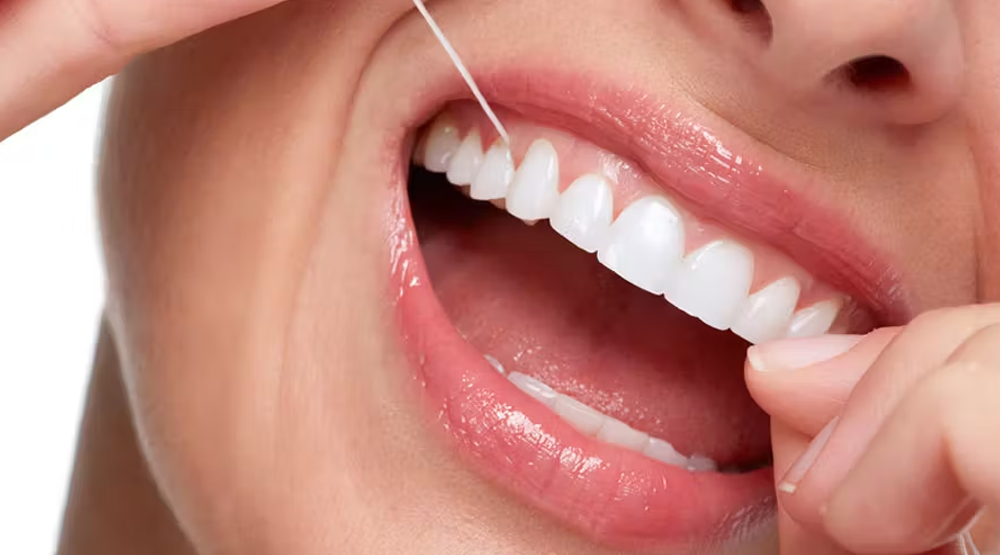
Limit sugary foods and avoid soft drinks.
You can maintain good oral health by limiting sugar, acids and soda. Try to eat healthier food such as fruits, vegetables and nuts and drink plenty of water.
Quit smoking.
If you tend to smoke you really need to try to quit this bad habit. Cigarettes are bad not only for your teeth and mouth but also for your overall body. They can lead to many dental problems and serious health conditions.
Avoid drinking alcohol.
Alcoholic drinks lead to dehydration and dry mouth. Moreover, consuming too much alcohol can result in oral diseases such as cavity or tooth erosion.
Brush and floss your teeth two times a day.
This will keep you away from plaque buildup and further oral diseases.
Don’t skip your regular checkups at the dentist.
Make sure you see a dental specialist at least two times a year. This way the health of your teeth and gums will be monitored and you will receive early dental treatment (if needed). Routine examination and preventive care are just as essential for a healthy smile as daily brushing and flossing.
Visit an oral health therapist for professional cleaning.
It is advised to get your teeth cleaned every six months to remove plaque buildup and prevent future tooth cavity and gum diseases.
How to clean your mouth properly?
Brush your teeth with fluoride toothpaste for at least 3 minutes.
Dental floss is also an integral part of oral hygiene because it clean hard-to-reach surfaces that cannot be achieved with an ordinary brush. It is believed that with regular brushing and flossing you can reduce plaque by up to 50%, which is a very good result.
The use of a hard toothbrush is usually not recommended especially if you have inflamed or bleeding gums.
It is better to brush your teeth with soft brushes with more fibres that do not irritate the gums. You should brush your teeth in circular movements close to the gums, brushing outwards (towards the cutting edge of the tooth).
Do not forget to clean your tongue as well. The accumulated plaque on it is a prerequisite for the development of 60-70% of microorganisms in the mouth. Therefore, it should be scraped and cleaned daily until it turns pale pink.
What is an oral health therapist?
An oral health therapist is a clinician who has qualifications in dental hygiene and dental therapy. The oral therapist can provide full examinations, diagnoses of dental diseases and treatments to all children and adolescents age from 0 to 18.
They are able to treat tooth decay, perform tooth extractions, some pulp therapies and also give a referral to a dental specialist where needed. The dental therapist has a specific set of skills that help them manage little kids.
They have been trained on how to manage anxious kids in the dental setting and help them get really positive dental experience.
For adults, the oral therapists provide treatment and management of gum disease, periodontal disease as well as other preventative dental care services such as x-rays, fluoride treatments, teeth whitening, dental cleanings and so on. In addition, the therapists provide oral health education to teach patients how to brush and floss their teeth and look after them at home.
If you want to maintain excellent oral health it is best to visit the oral therapist every six months.
Many people believe that they know how to maintain good oral health and clean their teeth properly. Yes, teeth brushing is not a complicated procedure, it is just a daily hygiene ritual that has been acquainted from early childhood.
However, this is often a misconception. Why?
First of all, the way we should care for our teeth has changed. It is not enough just to brush your teeth. In order to improve your dental health, you also need regular professional cleanings at the dental office.
Secondly, the majority of people do not spend enough time cleaning the oral cavity.
Due to ignorance or negligence, they miss important moments and thus increase the risk of developing dental disease. After all, regular teeth brushing allows us to destroy up to 50% of plaque and improve the condition of the gums.
Thirdly, many people tend to treat the oral cavity as a less important part of the body. They often decide that they are too tired and will go to bed without brushing their teeth. Yes, it is not a big deal if it happens once or twice.
However, if you often skip it then you are more likely to have dental issues.


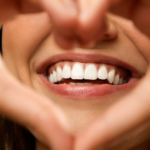

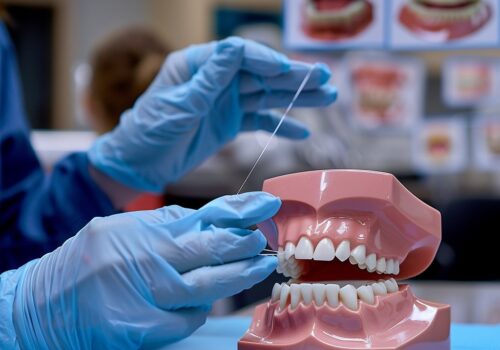
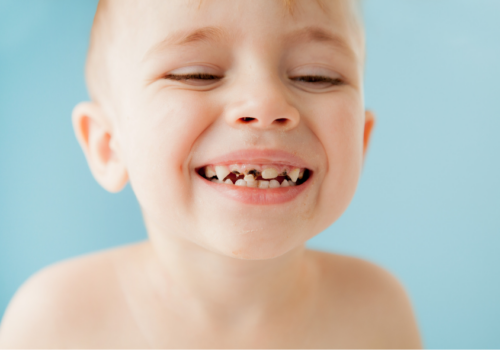
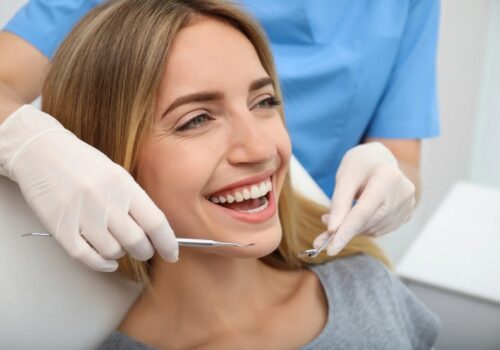
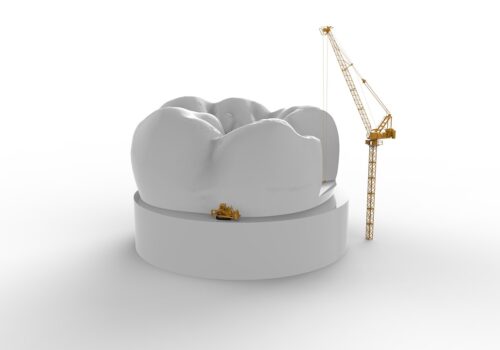
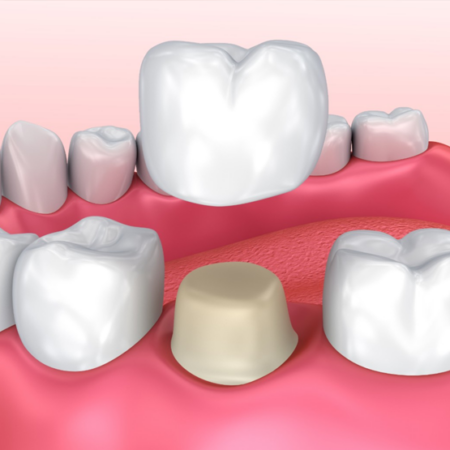
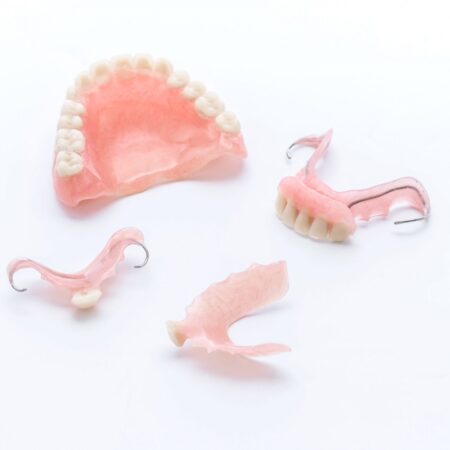
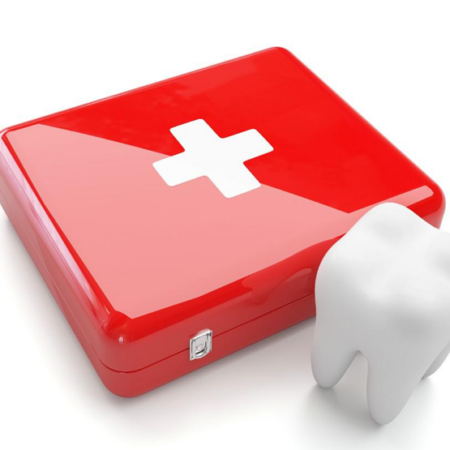
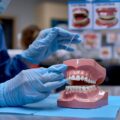
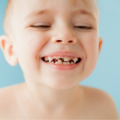

Leave a Reply